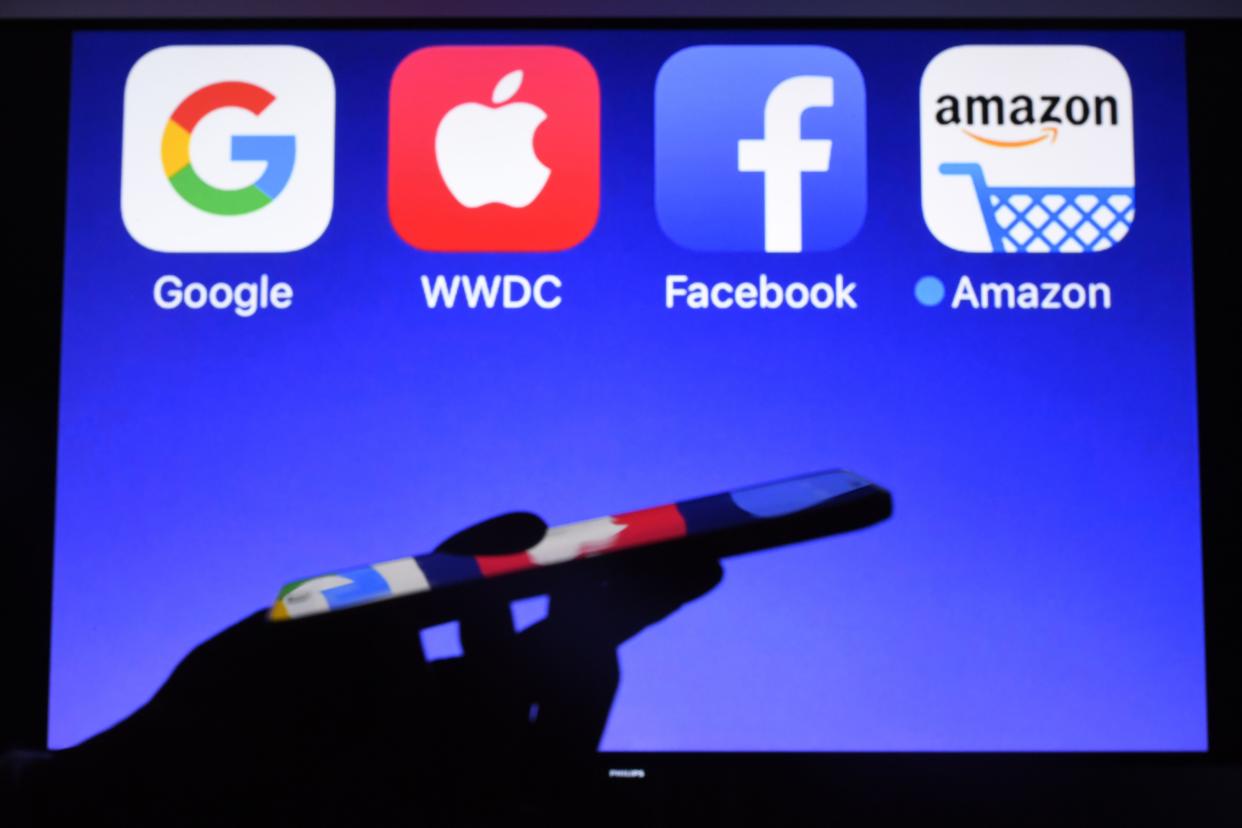Hedge fund performance is being driven by not-so-complicated strategies

Hedge fund investors pay huge fees to gain access to premium investment opportunities that can come in the form of obscure asset classes, no-name stocks, and complicated structured trades.
However, recent performance for many big hedge funds have been driven by popular, liquid stocks that anyone can buy by calling up their retail broker.
“Hedge funds continue to hold their largest net weight in the Information Technology sector,” Goldman Sachs analysts said. “The Tech sector accounts for 27% of hedge fund net exposure, the largest wallet share among sectors.”
The analysts looked at 804 hedge funds with $2.1 trillion in assets. The bank’s analysis found that the top five most popular stock positions include Facebook (FB), Amazon (AMZN), Alibaba (BABA), Alphabet (GOOGL), and Microsoft (MSFT).
Approximately 81 of the hedge funds held Facebook as a top-ten long position and 75 owned Amazon. Meanwhile, 52 held Microsoft and Amazon in their top holdings and 59 invested in Alibaba. The report also found that the average hedge fund had around 68% of its long portfolio in its top ten positions.

Goldman’s basket of the 50 most popular stocks, known as the “very important positions” (VIP), returned 25% year-to-date as a group, beating the S&P’s 17% gain in that time. Much of that performance, however, was driven by those top five tech stocks, with names like Facebook rising 56%, Amazon moving 52%, and Alibaba jumping 111%.
Within the hedge fund category, long/short equity funds appear to be making a comeback, posting their strongest year-to-date returns since 2013. The average long/short equity hedge fund has returned 10% this year, according to the latest Goldman Sachs Hedge Fund Trend Monitor. That said, their overall performance still trails the S&P 500 (^GSPC), which has climbed about 17%.
Hedge fund investors — i.e., pensions, endowments, and foundations — allocate money to different types of strategies ranging from long/short equity to event-driven to distressed-debt to global macro. The idea is that these strategies should be difficult to replicate.
These investors also shell out fees to the fund managers. Typically, fund managers are paid through a compensation structure commonly known as the “2 and 20,” which means they charge investors 2% of total assets under management and 20% of any profits. The fees can vary from fund to fund, with some charging less and others more.
Of course, as investors review their quarterly statements and see popular tech names driving returns, at least some will be asking if they could’ve gotten the performance from buying shares of those stocks themselves.
—
Julia La Roche is a finance reporter at Yahoo Finance. Follow her on Twitter.


